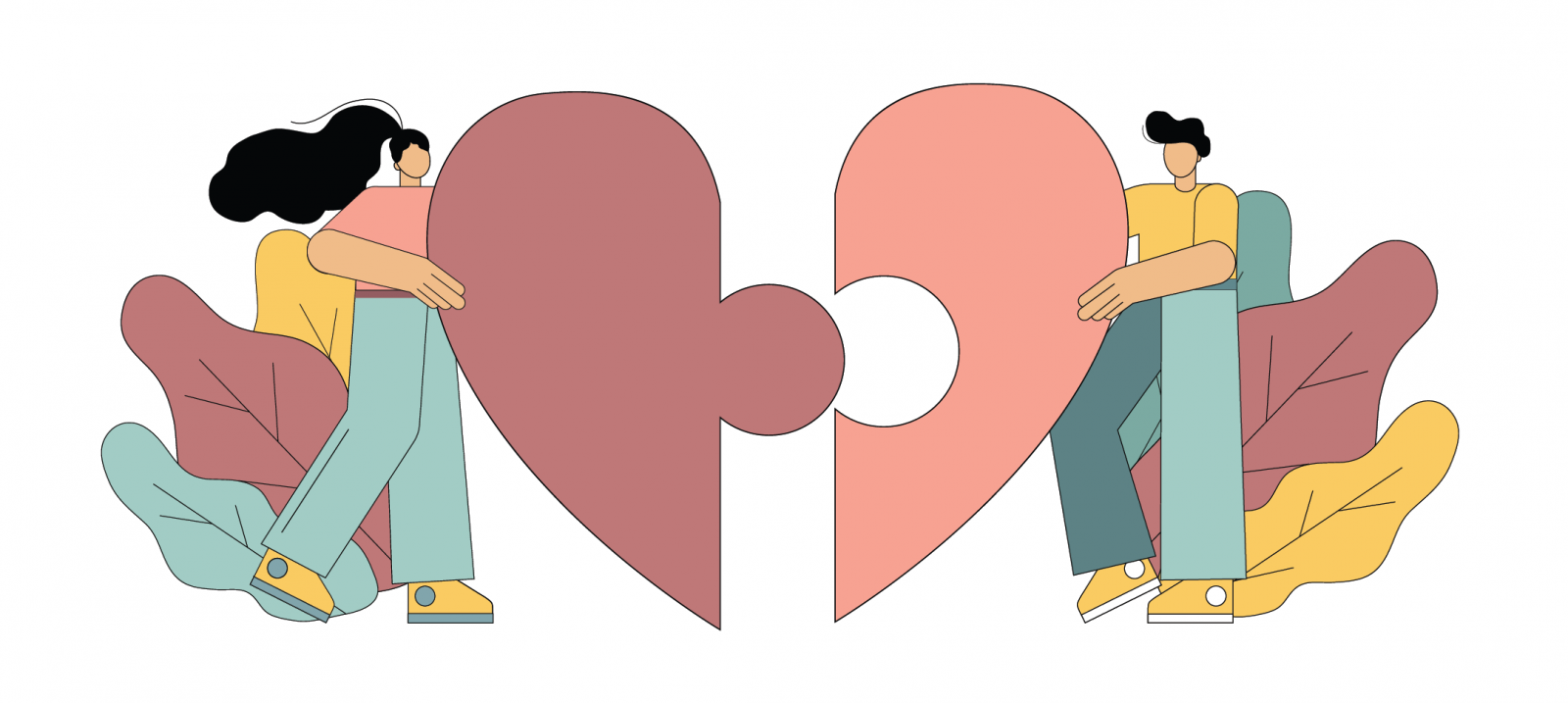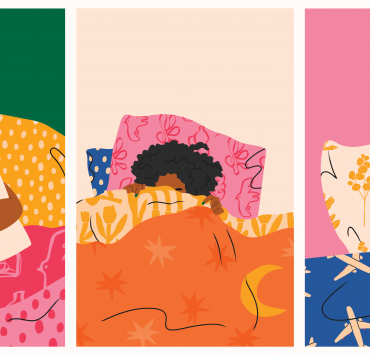
You’ve probably heard of the gender pay gap, but have you heard about the pleasure gap? Yes, you read it right. Women are gradually moving towards parity in the boardroom, but not in the bedroom.
So what is the pleasure gap? It is a social aspect referring to the general difference between men and women when it comes to sexual satisfaction, more clearly, the unequal regularity in achieving orgasmIt is a state of deepest sexual pleasure during which the bo... More during sexual encounters.
Why are women having less orgasmsIt is a state of deepest sexual pleasure during which the bo... More?
We’ve come a long way to withstanding sexual harassment, improving maternity leave, and decreasing the pay gap. Let’s talk about the pleasure gap, shall we?
It may sound more like an implication than a problem, but the trend suggests otherwise. Perhaps the male-to-female climaxing ratio is quite low. Many men claim to have had an orgasm with their partner. This leaves a serious number of men believing or deciding that their partner has climaxed when she hasn’t.
Most of us believe that men have a physiological advantage when it comes to orgasming, which turns out to be a myth. Men and women experience orgasms around the same time. Women aren’t “complicated,” but they do have less pleasurable and sometimes painful sex. Despite millennia of experience, we still don’t fully understand a lot about sex, particularly the sexual experiences of women.
There are some aspects of sex that are shrouded in myths and misconceptions. Do you know that sexual dissatisfaction is a sign that many women do not feel free or know how to enjoy their sexualityA person’s identity in relation to their sexual desires an... More? The notion that women are obligated to provide sexual satisfaction at all times, and that their own pleasure is optional, is deeply ingrained in how we talk about sex in general.
So how do we overcome the pleasure gap?
Satisfaction stems from a sense of social power, the right to explore and express one’s sexuality, and a sense of equality with one’s partners. Pleasure and its value can be learned, and once learned, they are difficult to let go of. Sex should not be limited to boys having erections and ejaculations and girls having periods and unwanted pregnancies.
Pleasure should be discussed more frequently. Don’t you agree? To achieve pleasure equality for all, we must be humble and accept that we must unlearn what we thought was true. Let’s face it: change, even if it’s for the better, is rarely easy. Perhaps it is time to step outside of our comfort zones and prepare to adapt to authentic learning, empathy, and, dare we say, the pleasure field.
The blog is written by : Sana








super fun read